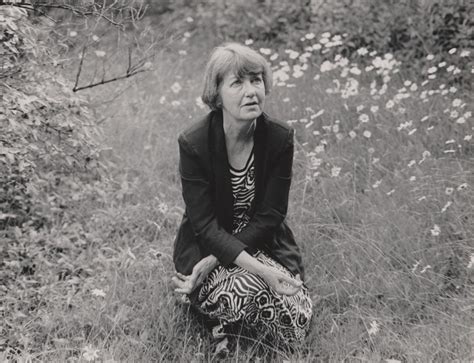Top 10 Quotes & Sayings by Lisel Mueller
Explore popular quotes and sayings by an American poet Lisel Mueller.
Last updated on April 14, 2025.
I want to celebrate these elms which have been spared by the plague, these survivors of a once flourishing tribe commemorated by all the Elm Streets in America. But to celebrate them is to be silent about the people who sit and sleep underneath them, the homeless poor who are hauled away by the city like trash, except it has no place to dump them. To speak of one thing is to suppress another.























